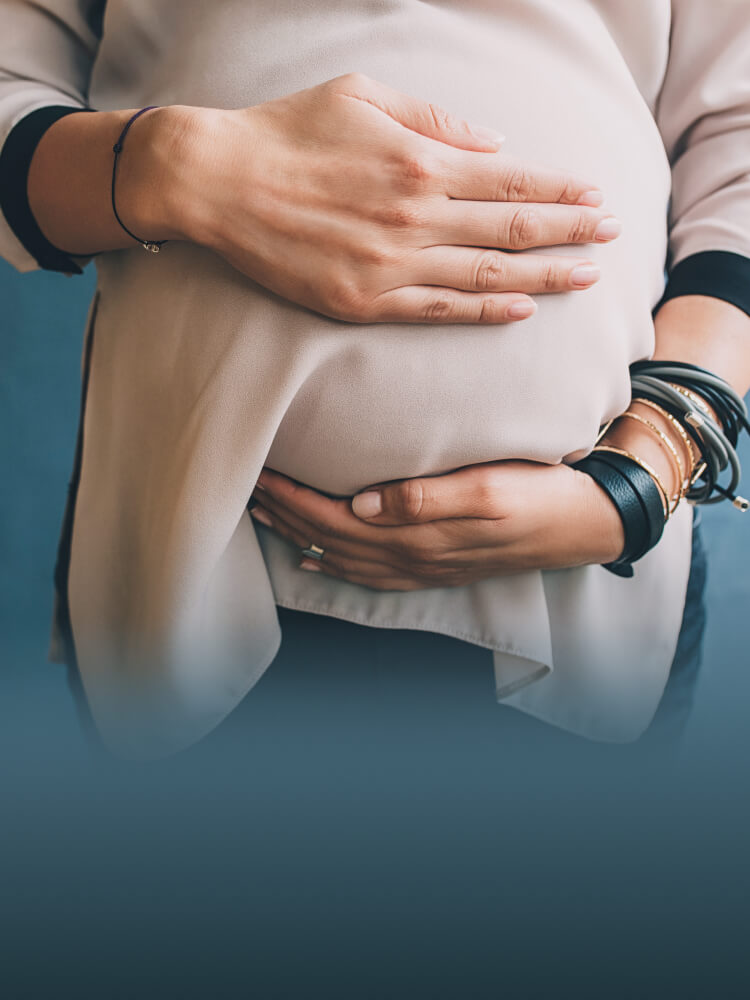LGBTQ+ Fertility and Third-Party Reproduction
Third-party reproduction often plays a crucial role in LGBTQ+ family-building and fertility care. Many individuals and couples in the LGBTQ+ community require at least some form of assistance when conceiving a child. Options like egg donation, sperm donation, and surrogacy make it possible for LGBTQ+ families to experience the joys of parenthood. Indiana Fertility Institute prides itself on providing a warm, inclusive environment for the LGBTQ+ community to pursue their path to parenthood. We welcome patients of all gender identities, sexual orientations, and relationship statuses, and can help you achieve your family-building goals through a personalized plan that is as unique as you are. We believe that everyone deserves the chance to experience the joy of parenthood.
Find Out if Third-Party Reproduction is Right for You
When it comes to fertility, no two paths are the same. You deserve a fertility care team that will help design a fertility treatment plan that is as unique as you are.
If you’re interested in exploring third-party reproduction options such as donor egg, donor sperm, donor embryo, or surrogacy and seeing if they are right for you, schedule a consultation with one of the fertility specialists at Indiana Fertility Institute.
Request a Consultation



